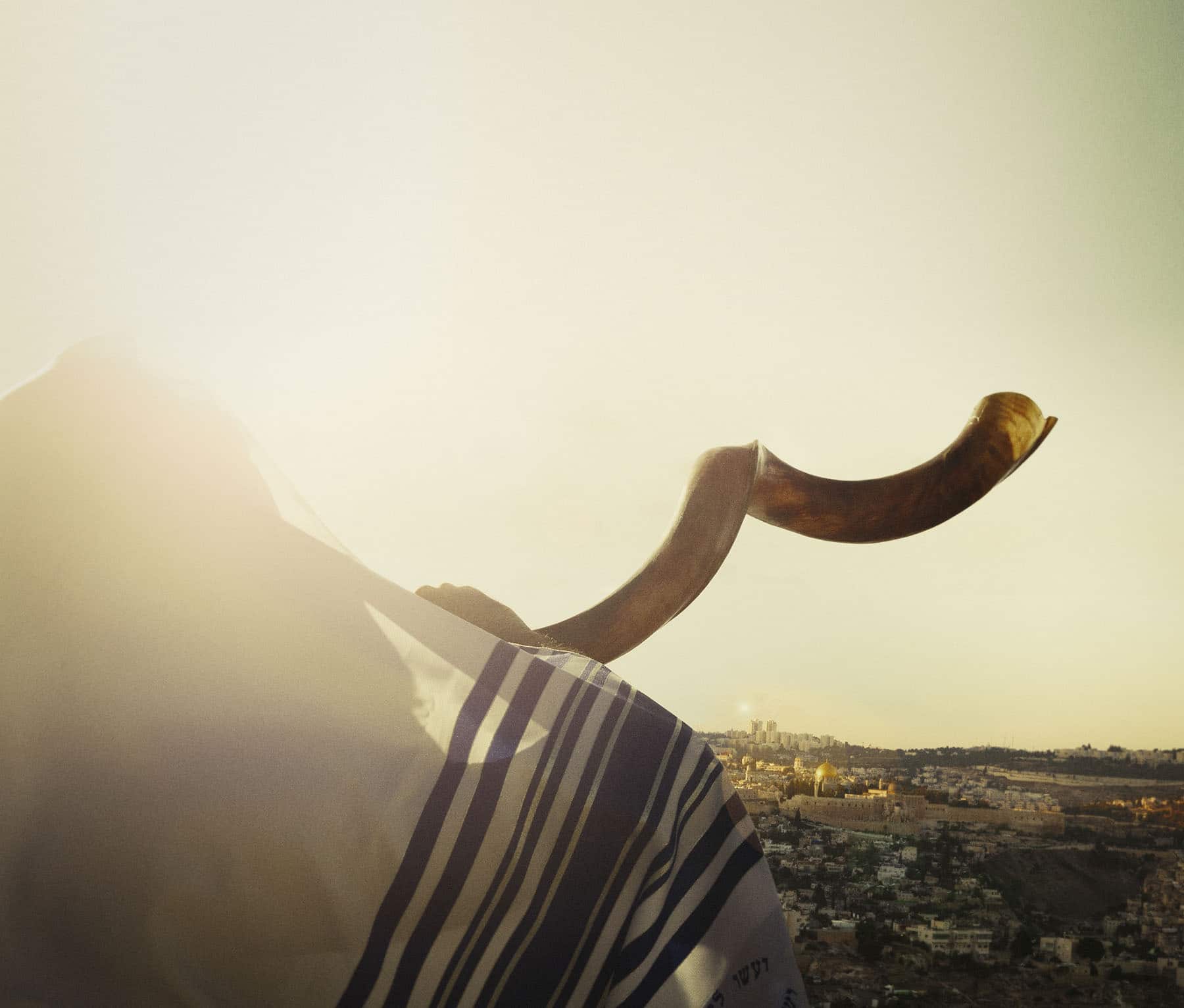
There is no daily shofar blast this Elul after Shacharit (morning) minyan. With some creative exceptions, there is no daily minyan. And, as rabbis and community leaders overwhelmingly agree, there shouldn’t be, unless it can be done safely: fewer than 25 people, all masked, maintaining a distance of 6 feet or more, who quietly speak, rather than sing, the tefilot (prayers). No big gatherings. No Kiddush after the service.
And, of course, no shofar.
This year, Elul is silent. This year, for the first time in their lives, my children won’t hear the muffled sounds of their father practicing shofar every day in preparation for Rosh Hashanah.
My older two children were born in the month of September. They likely heard the blasts in the womb. When they were infants and loud, sudden noises would startle them, the shofar would soothe. We joke that the shofar is in their blood. When, as the midrash teaches, the angels touched the spot below their noses and made all the knowledge they possessed before birth disappear, the sounds of the shofar remained. The sound of the shofar is, for my children, the sound of Elul. The sound of the end of summer. The sound of a birthday and a new year.
Their father, who blows shofar for our community, is not just a ba’al tekiah (designated representative), but a musician. In his sure hand and with trained lungs, the shofar sings. And the community is moved. You know that thing where you’re not quite sure if the shofar blower is going to make it all the way through? Our synagogue community never feels that. We sit back, we listen, we enjoy.
We may not, this year, have congregations on the High Holy Days, which threatens not just the Jewish year but maybe the Jewish future as we know it.
But not this year.
The ram’s horn traditionally is blown during the month of Elul to prepare the Jewish people for the High Holy Days and the experience of teshuvah (repentance). It’s a signal, an auditory reckoning, a catalyst, a call from memory and a call to action. Abraham sacrificed a ram instead of his son, so the story goes. As God had mercy on Abraham, so should God have mercy upon us. The midrash teaches that when Moses pleaded for the sinning children of Israel after they worshipped the Golden Calf, he came down the mountain to the sounds of the shofar. As God forgave us then, so God shall forgive us now. As a reminder to God and to us, we blow the shofar.
But this year, the blowing of the shofar hearkens not life, but death. This year, we do not blow sounds and spread germs to our congregations. We may not, this year, have congregations on the High Holy Days, which threatens not just the Jewish year but maybe the Jewish future as we know it. Many synagogues depend on community dues to survive. If there are no High Holy Days services, will there be no tickets? No dues? Then, perhaps, no synagogues?
Some communities are coming up with creative solutions within their particular halachic frameworks. I’m sure they will be lovely. I hope they will be safe.
But that doesn’t solve the problem of the shofar.
We already have given up so much. We have already lost so many. We have Shabbat without shul, meals without guests, community without contact. Can we have Rosh Hashanah — Yom Teruah, the day of the blasts — without the shofar? Must Rosh Hashanah also — for the sake of our lives — be silent?
The quiet in my house seems to say yes. And yet, perhaps, as in years past, my husband and daughters can go to the houses of those who cannot go to shul — and blow the shofar for them. They’ll stand outside and, in the words of Psalms 98:6, they will make a joyful sound before God. This year, the shofar will be instrument, metaphor, battle cry, historical witness and ritual object, and it will also be dugmah — role model. This year, when my family makes sure Rosh Hashanah will not be silent, they will be wearing masks. And so, too, will the shofar, covered at the top to protect others and sustain the Jewish future, as its sound reminds us how very important that is.
Sharrona Pearl is associate professor of medical ethics at Drexel University.






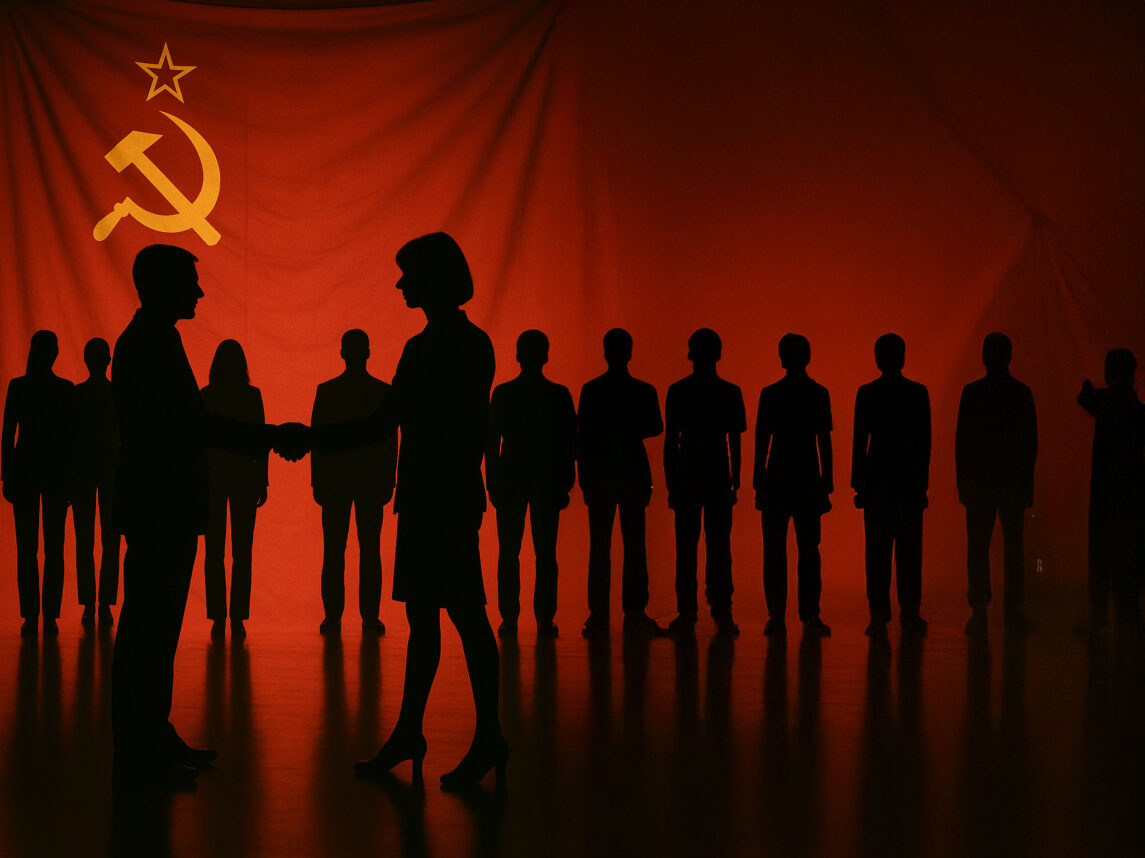
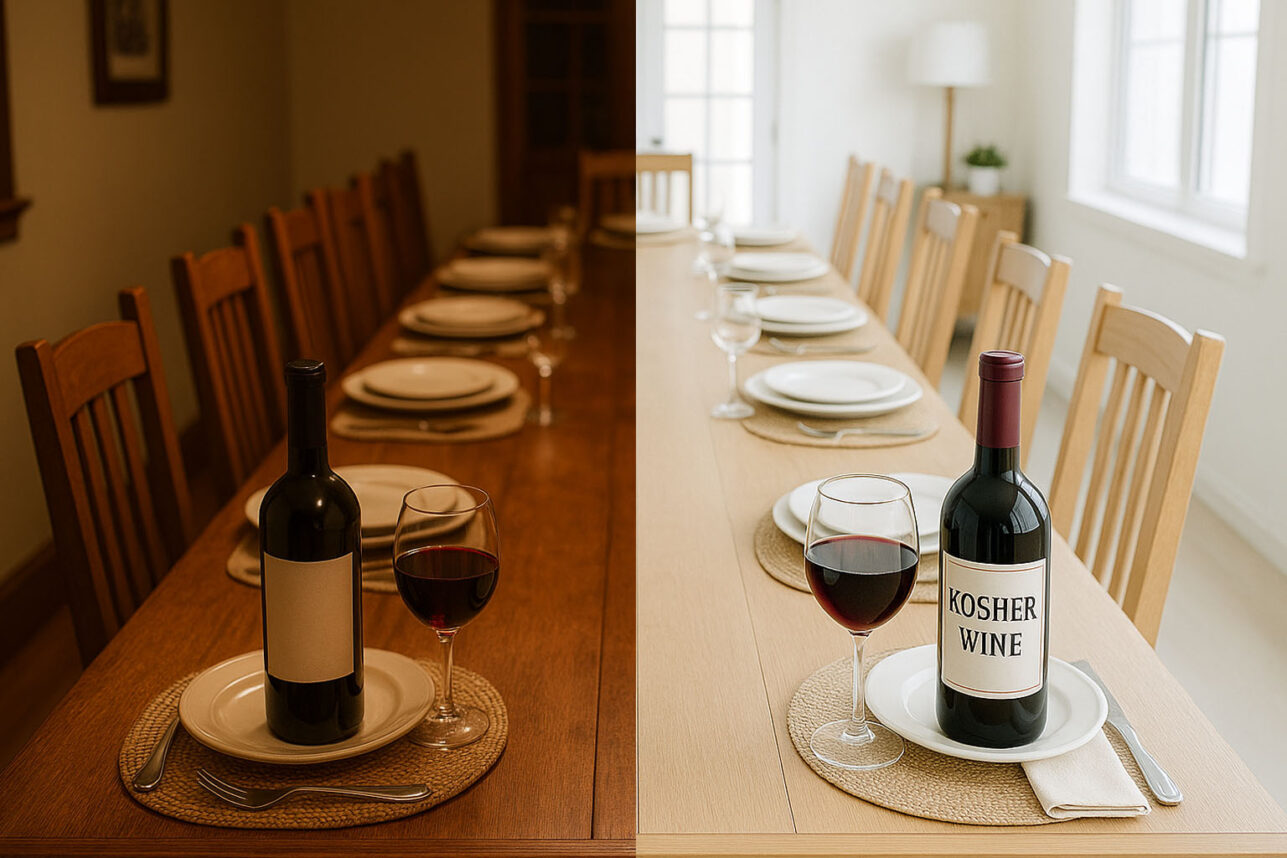
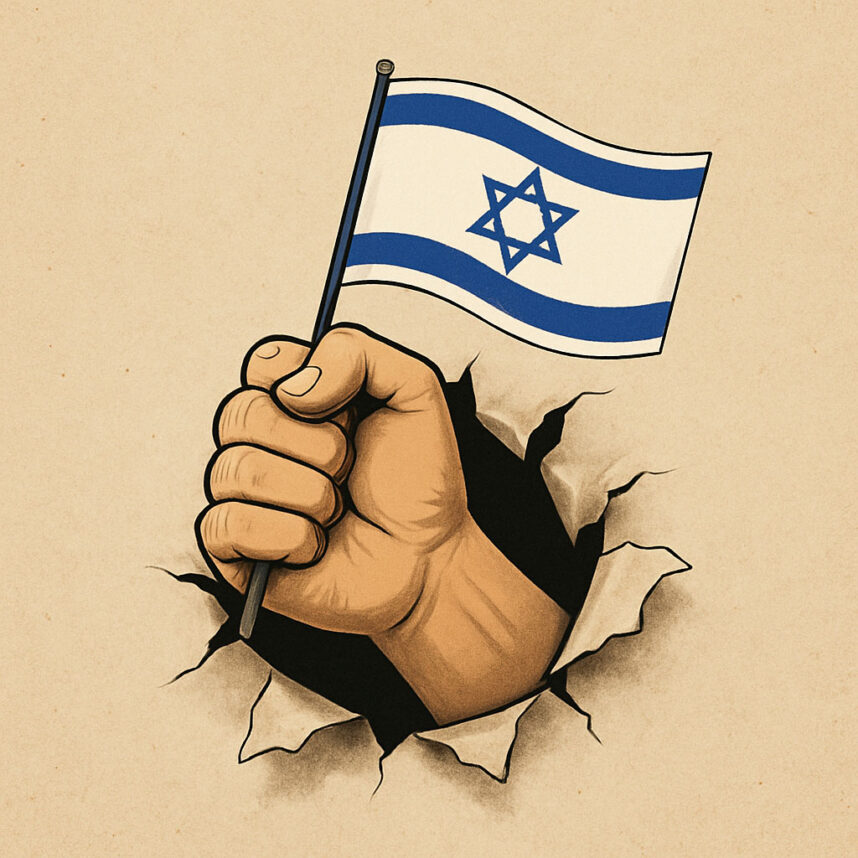
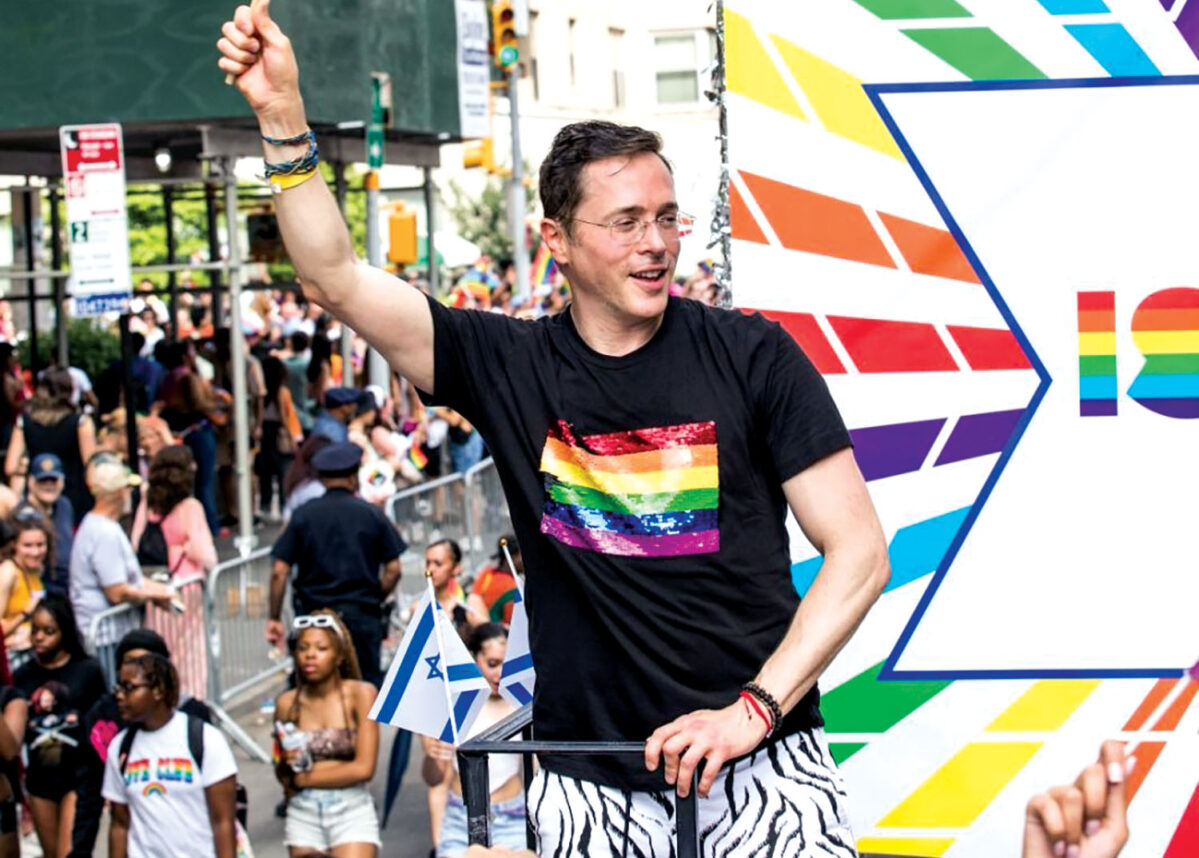
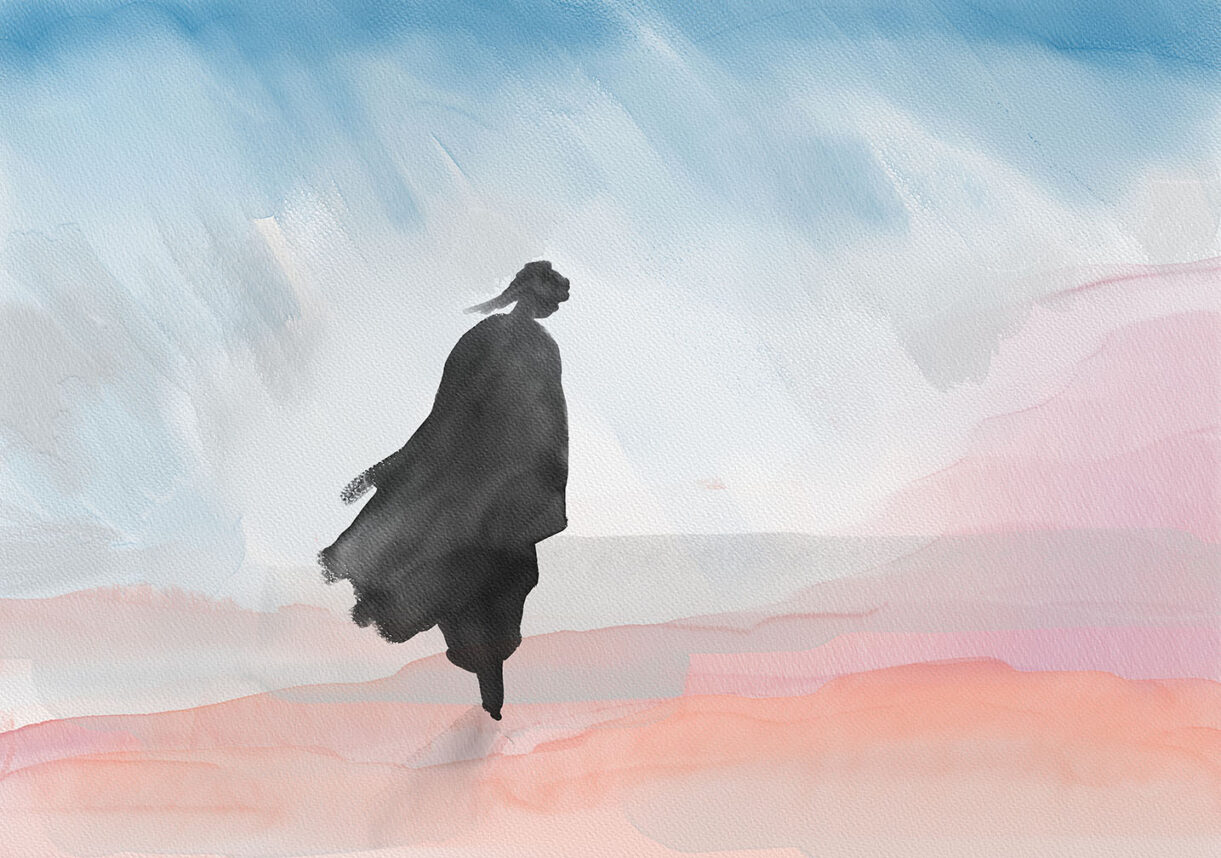
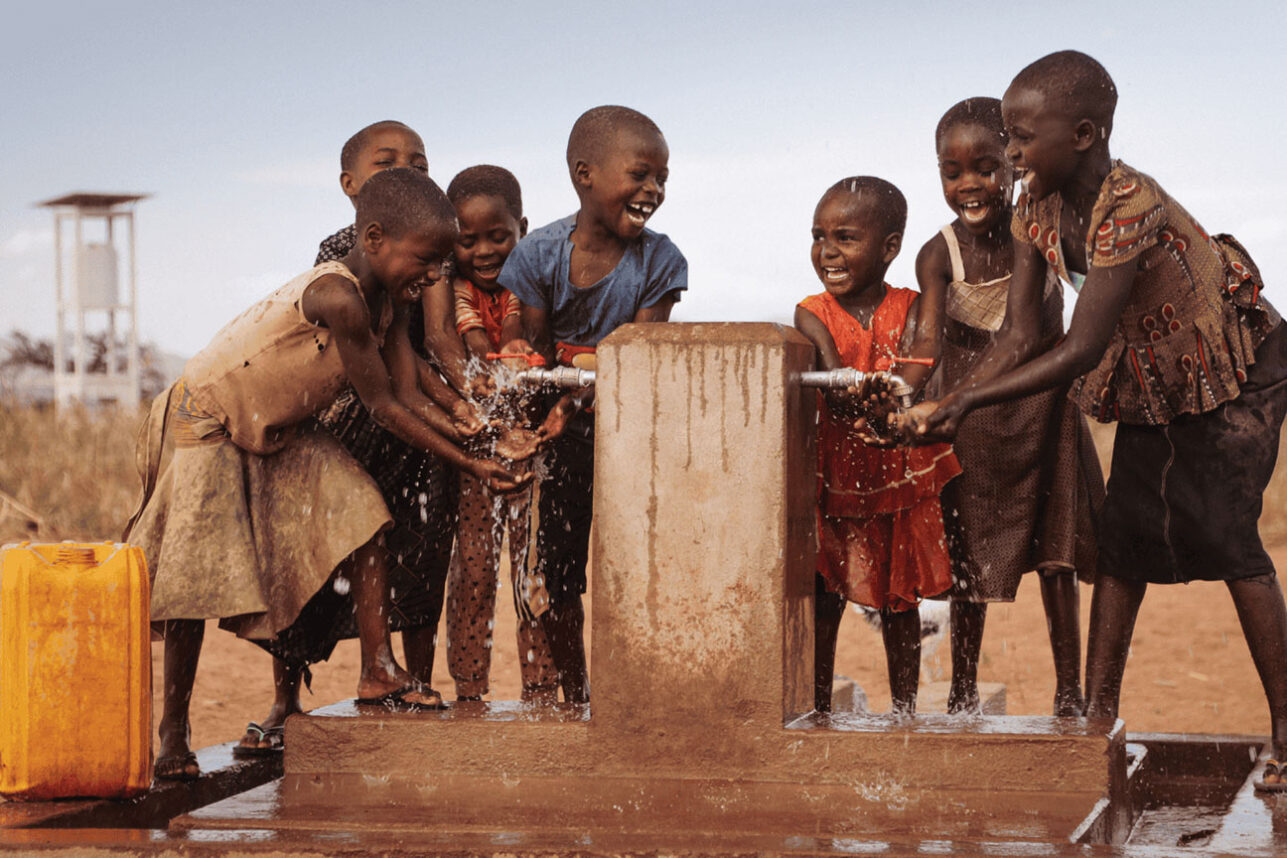
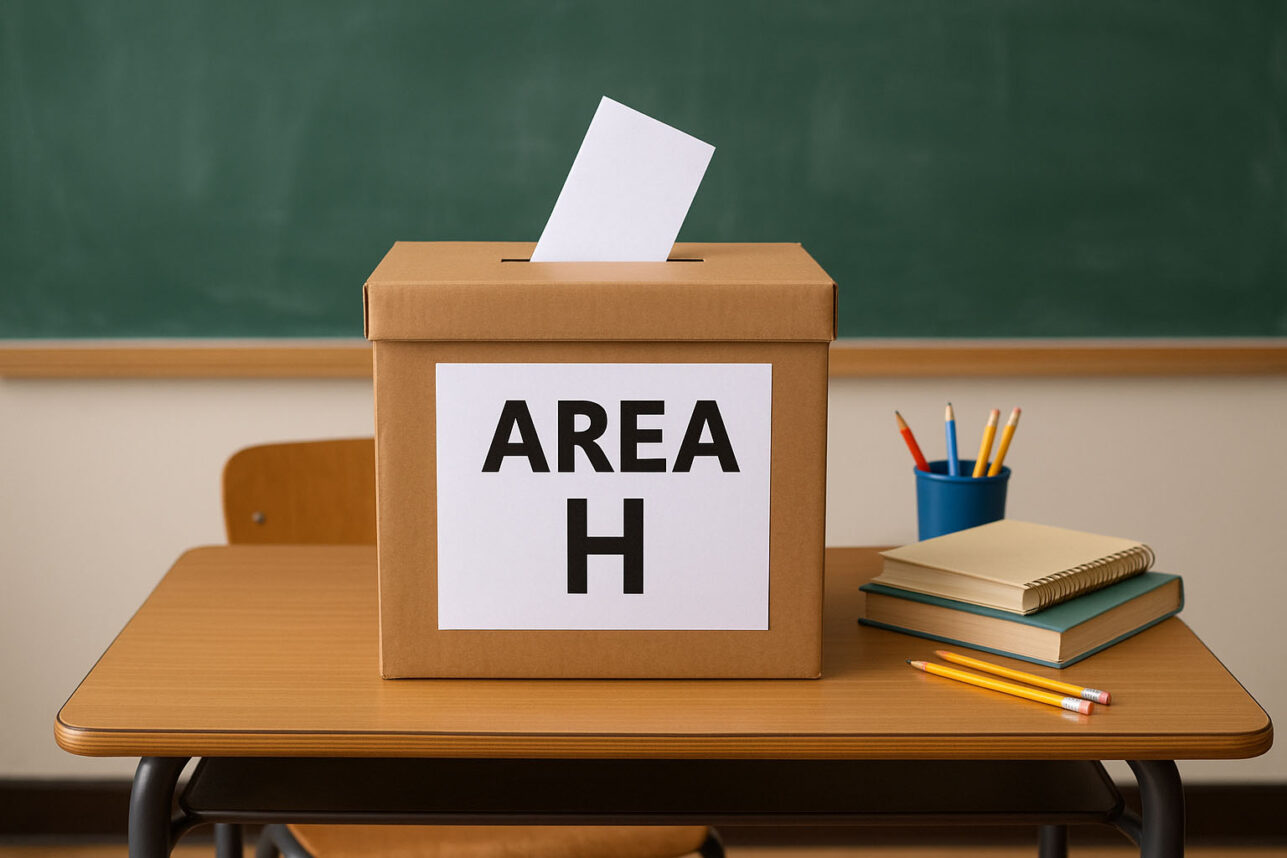
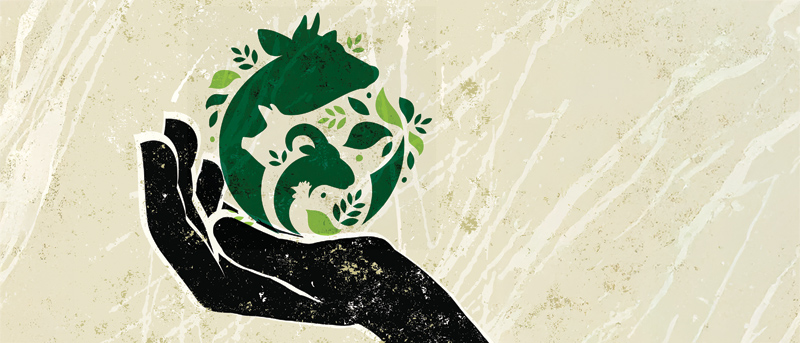
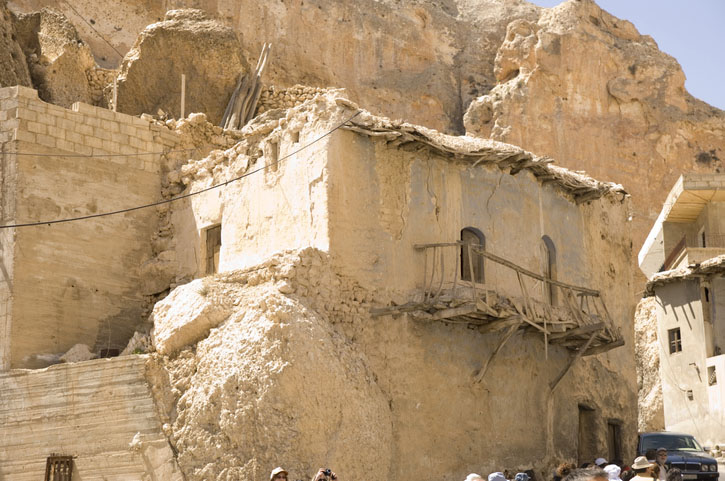

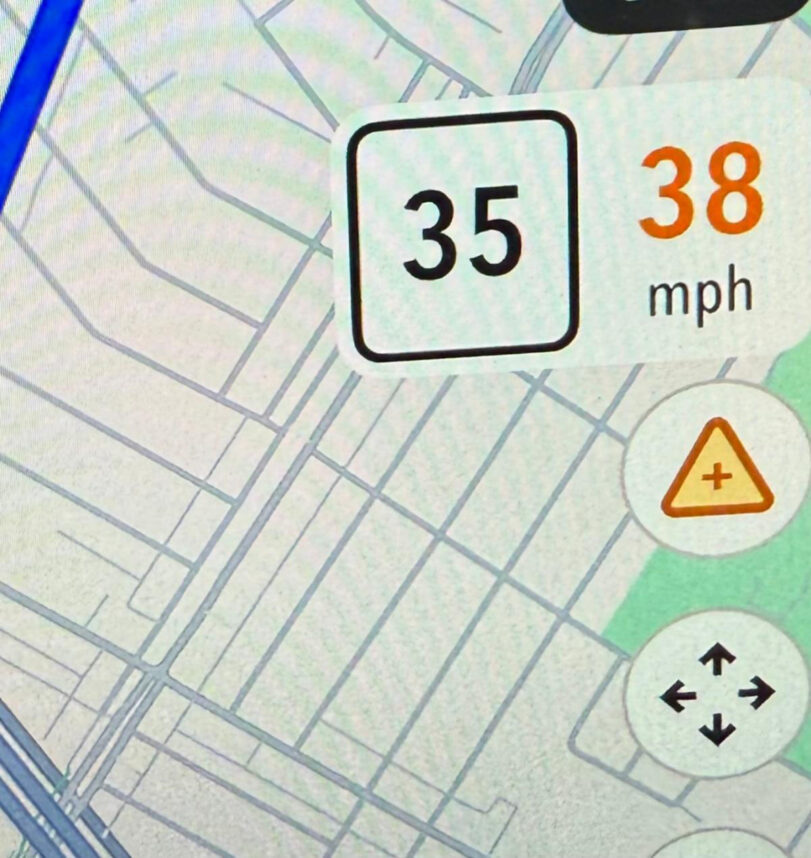



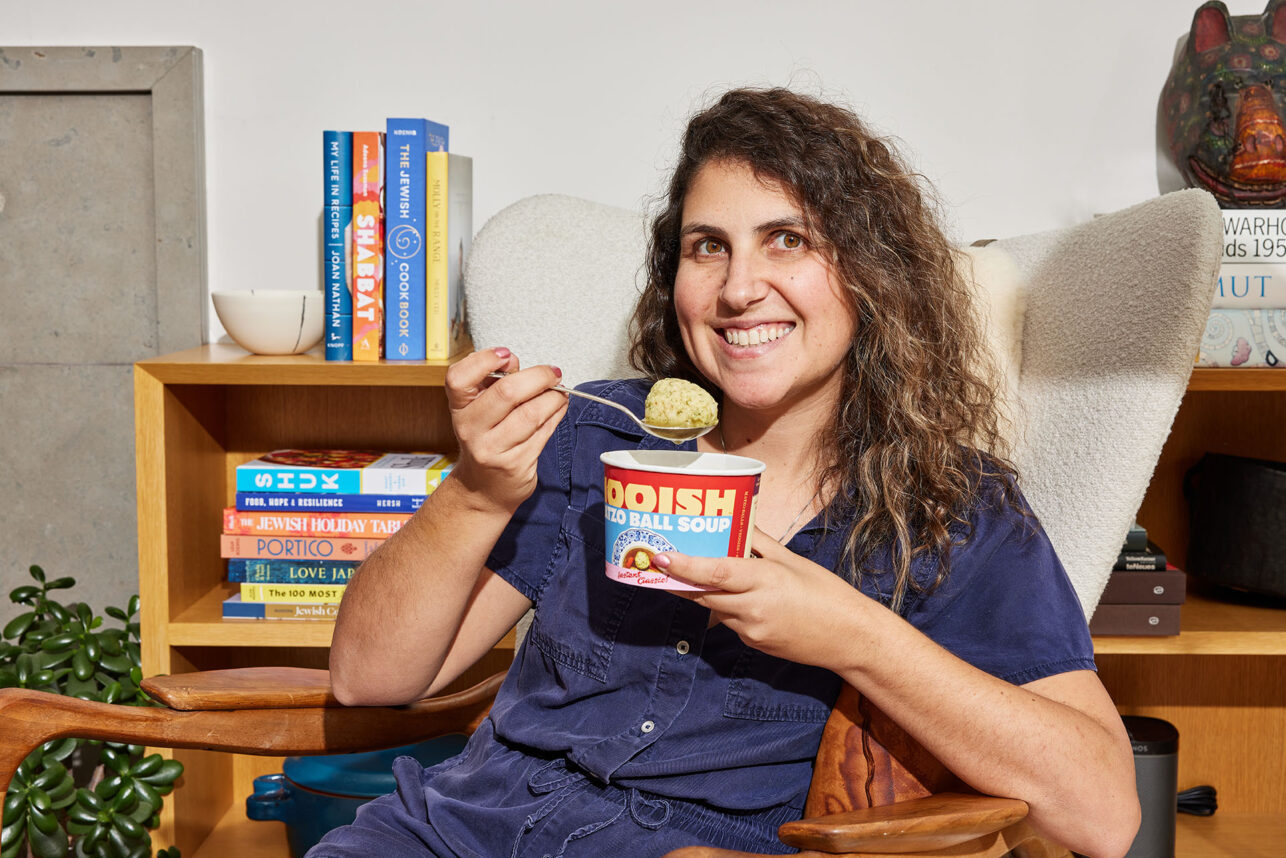


 More news and opinions than at a Shabbat dinner, right in your inbox.
More news and opinions than at a Shabbat dinner, right in your inbox.